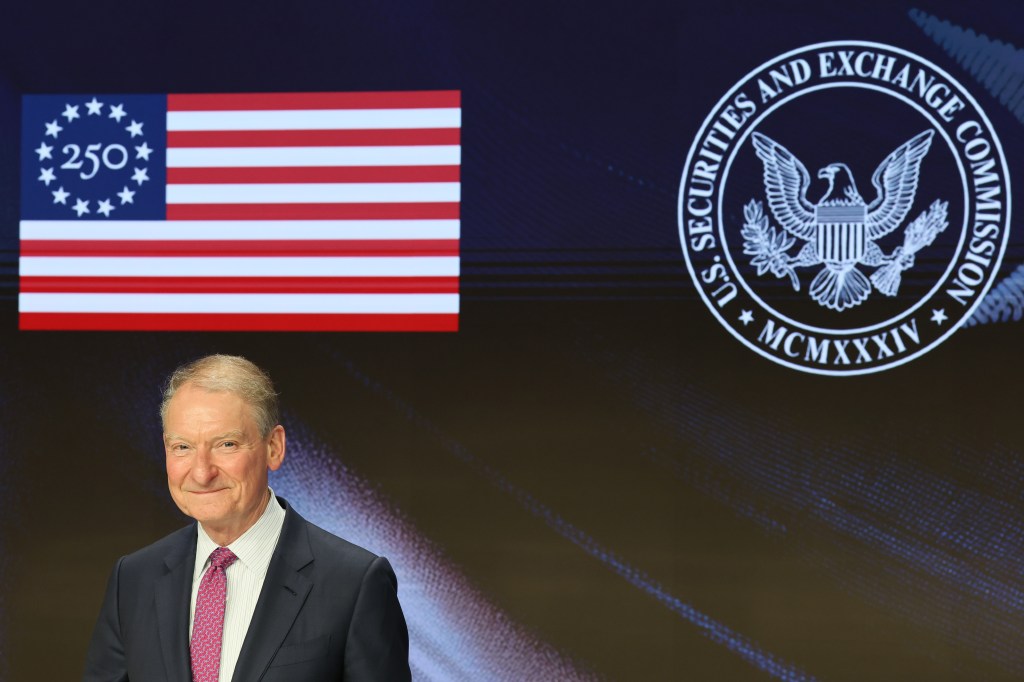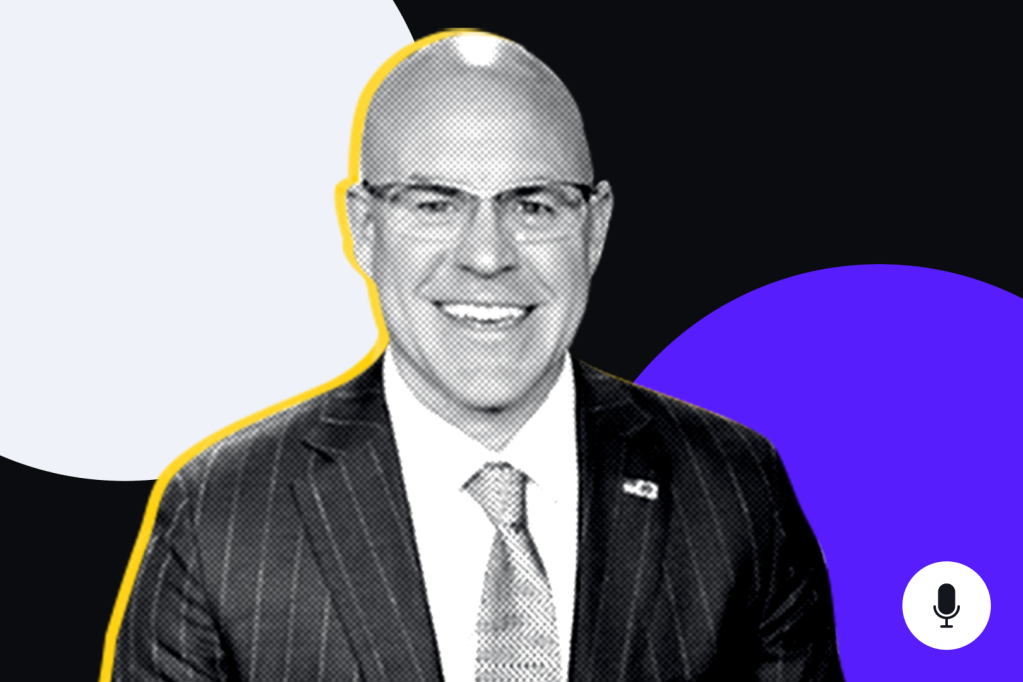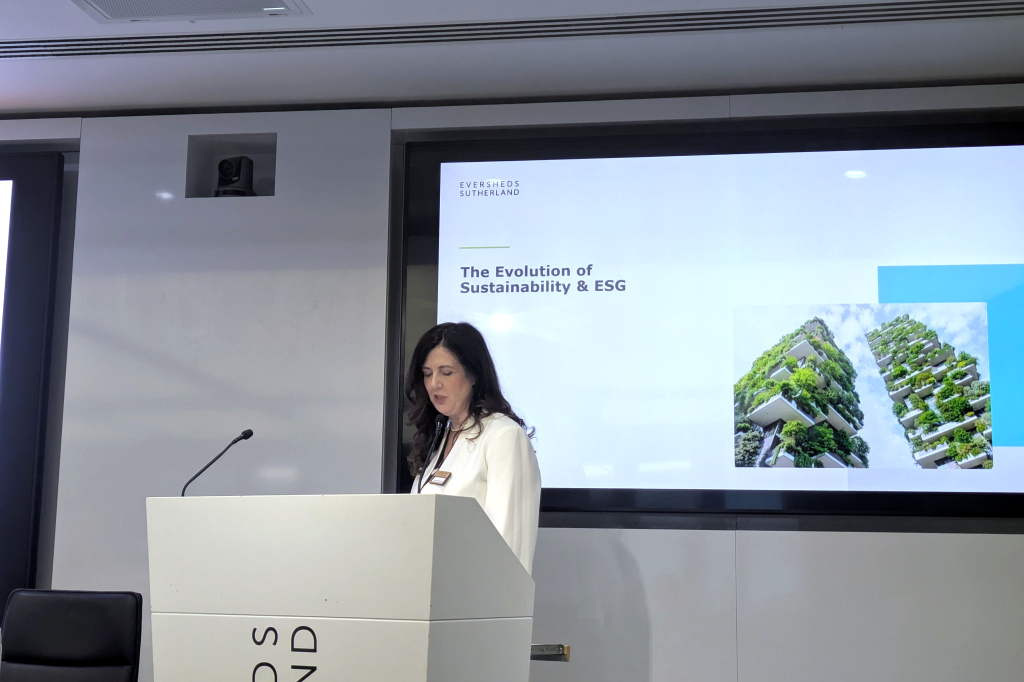A group of six US trade bodies representing hedge funds and private markets firms have filed a suit against the US SEC, alleging its new rules for the private fund industry around disclosure are unlawful and harmful for the industry.
The lawsuit, filed last Friday, argues that the new disclosure
Register for free to keep reading
To continue reading this article and unlock full access to GRIP, register now. You’ll enjoy free access to all content until our subscription service launches in early 2026.
- Unlimited access to industry insights
- Stay on top of key rules and regulatory changes with our Rules Navigator
- Ad-free experience with no distractions
- Regular podcasts from trusted external experts
- Fresh compliance and regulatory content every day













